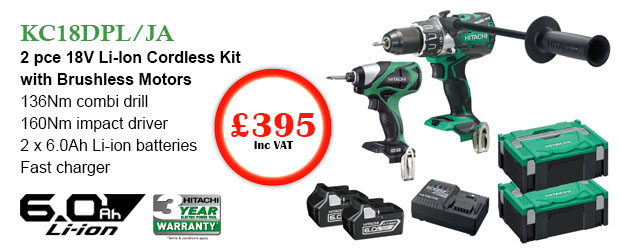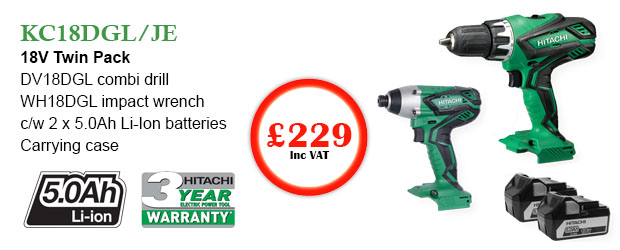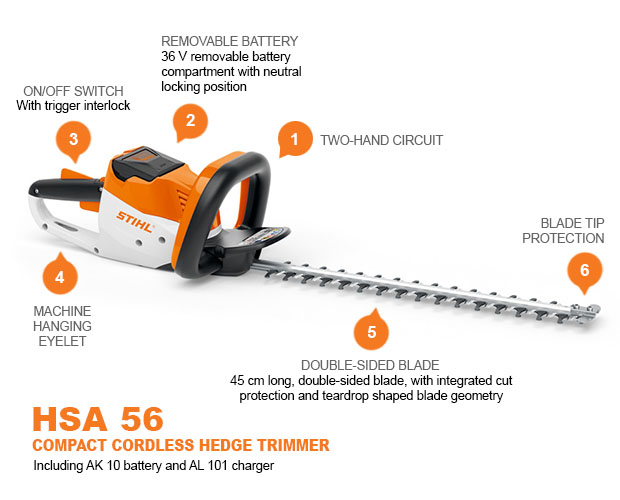When you find a job you are truly passionate about, you
won’t work a day again. Instead, you’ll be eager to get going each day, with
the motivation to complete any projects to the highest possible standard. For
someone who loves nothing more than spending time outside in their garden, the
natural career choice may be becoming a gardener or landscape designer. This is a highly rewarding profession for those
who strive to nurture plant life, creating outdoor havens. It’s a job which
leaves the worker with a sense of achievement
when they can look at the newly transformed landscape and say “I did that.” If
this career path sounds ideal for you, how do you come about becoming a
professional gardener?
The variety of gardening
roles
The profession of gardening is wide, and knowing how you want to specialise
will go a long way in deciding how to become a gardener. For example, landscape
gardening takes into account the building of specific structures including
walls, pathways and sheds, while
maintenance gardening requires you to care and tend for plants and complete
jobs such as mowing the lawn and trimming trees. If you decide to focus on
landscaping, you can specialise further
by focusing on eco-friendly solutions or ornate structures. What you will need, however,
is plenty of hands-on experience, to truly
get an understanding and a feel for the role. For more experienced jobs, including building structures and cutting trees,
you may need to undergo training.
What skills do I need?
Being passionate about the outside world is, of course,
essential, but there are many other specific skills which can help you tackle
the world of gardening successfully. These skills include:
·
Science: A key element of becoming a gardener is being able to nurture plants, trees and shrubs from infancy. To do this, you will need to understand
the
life cycle of specific plants and how to best utilise every aspect to get the best results. Understanding the pH balance in certain types
of soil will also help you find the correct plants for the client’s garden.
·
Maths: As
this will be your business, rather than a hobby, you will need a head for
figures. You will need to understand profit margins, how to complete tax
requirements and how to keep your business in the black.
·
People
Skills: The role of a gardener is a client-focused role. It means that you
will need to be able to communicate successfully and calmly, as well as
adapting your views and advice to each
individual project. You will need to be diplomatic in your responses to
requests you may not agree with, and you will
need to be able to respond to any frustrated, irate customers professionally.
·
Creative
Skills: Designing and creating a garden takes vision, the ability to pair colours together to get the best results, as
well as being able to add features, such as water features and statement trees.
Attending a gardening course and gaining a qualification is
one way to build vital skills, such as the RHS General Certificate in
Horticulture or BTEC First Diploma Award. However, the qualification isn’t essential to becoming a career gardener.
Full-time or part-time
One reason many people choose to work for themselves is to
give up to daily 9-5 grind and become their own
boss. Becoming a self-employed gardener is an ideal way to do this, especially
if working inside an office isn’t for you. However, when launching your own
gardening business, at first, it may not be a viable option as a full-time job.
As you need to build a solid client base and a positive reputation, it can take
months before you can give up your work
for the foreseeable future. Therefore, it’s best to start in a part-time role, one which you can increase
your hours as you successfully build relationships with happy clients, perhaps
taking on weekend work.
It is important to be
realistic about salary expectations when you decide to become a full-time
gardener, and this is depending on the specialism you decide on. For example, The
Professional Gardeners Guild discovered head gardeners at establishments such
as the National Trust can earn
between
£20,000 to £32,000, while self-employed gardeners can expect to
charge client’s £10 an hour.
Investing in tools
No gardener can complete their
project without the appropriate tools, and these tools are numerous. They can be split into two sections: hand tools and
power tools and machinery.
·
Hand tools can include items such as a rake, hand
trowel, pruning shears, secateurs and a
spade.
·
Power tools and machinery includes lawnmowers,
which are essential as a maintenance gardener, strimmers, rotavators, lawn scarifier and seek and fertiliser spreader.
It is essential to invest in your professional gardening
tools, as they can make the difference between an award-winning garden and one
which looks cut to pieces. To decide
what
gardening tools you will need, take the time to compare tools and assess each carefully. While it may
be more expensive, sticking with well-known brands for your tools is a good idea, as they are known for
their longevity and craftsmanship. If you are selecting a metal tool, look for
stainless steel as it will avoid rusting and be durable.
When investing in your tools, there is also the option to
hire, rather than buy outright. For example, if you are still new to the
profession and working on a part-time schedule, hiring an expensive item such
as a lawn scarifier will work as much cheaper in the long-term, rather than
buying one which may not be used again for many months.
Building a business
Much like any business, it takes time, effort and often
money to build a successful, sustainable
company. A client-focused business, such as gardening, relies on positive
recommendations from previous happy customers to first get it off the ground. You
will also need to nurture a positive reputation, and one way to do so is to be
well-known for charging fair, accurate prices. As you grow, your prices may increase, but at first, ensure what
you charge is fair to both you and the client. This
is where maths come into play, as you will need to understand the figures to
make sure you make a liveable profit, secure the material (compost, plants,
wood, for example) for a good price, and
provide value for money which clients won’t be able to turn down.
Where to find work
In today’s digital world, the
best place to advertise will always be online. As a creative profession,
you
need a website which shows off your flair, your style and is
easy-to-use and navigate. You also have
to ensure your website is SEO-ready, meaning the search engines will be able to
crawl your site for the information it needs to rank your website high in the
results pages. Once you have done so, you can undertake a digital marketing
strategy to promote your business to your target audience.
However, as mentioned above, word-of-mouth recommendations
still plays an important part in finding
you work, as well as offline advertising such as displaying a sign outside a
garden you have just designed. You will need the client permission to do so,
but it’s one way to make sure your logo and name are on people’s minds, especially if they live on a busy street. You
should also place an advert in your local newsagents and paper.
Becoming a gardener is a highly rewarding career
path, as you see the designs and plants you’ve carefully created and cultivated
come to life before your eyes. It provides an unrivalled
sense of achievement, one which, for someone who prefers the outdoors, will
struggle to find in a traditional office. If you are motivated, experienced and
prepared, you can turn your passion for flowers into a viable business.



















































